trending topics
market reports
-

Registration Now Open: MEDICAL JAPAN 2026 OSAKA – Western Japan’s Largest Healthcare Trade Show
2026-02-10
-

MEDICAL JAPAN 2025 OSAKA Returns to Showcase Global Innovations
2025-02-17
-
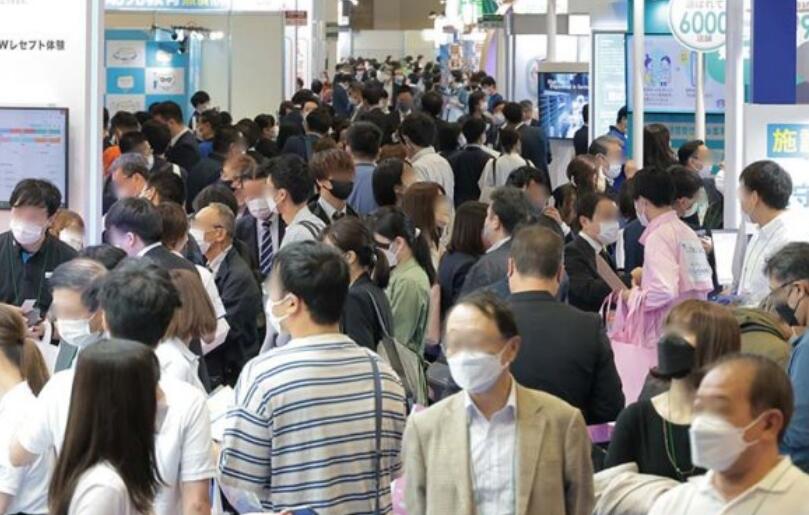
Visit MEDICAL JAPAN 2023 TOKYO and take full advantage of the business opportunities!
2023-09-01
-

US to distribute 400 million free N95 masks at CVS, Walgreens in COVID fight
2022-01-21
-
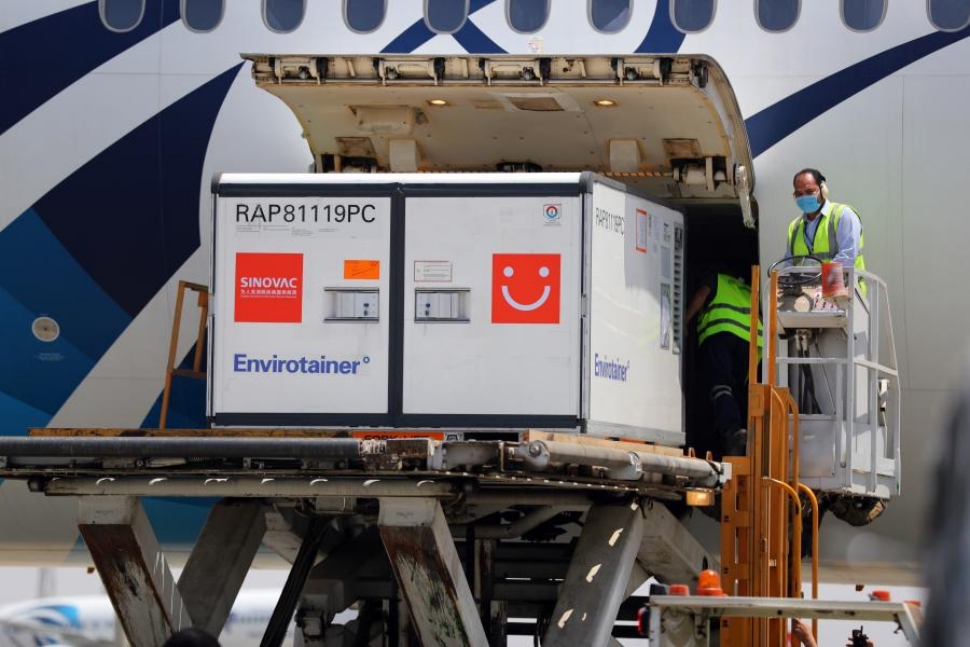
Ethiopia receives additional 2.2 mln doses of Chinese-donated COVID-19 vaccines
2022-01-21
-
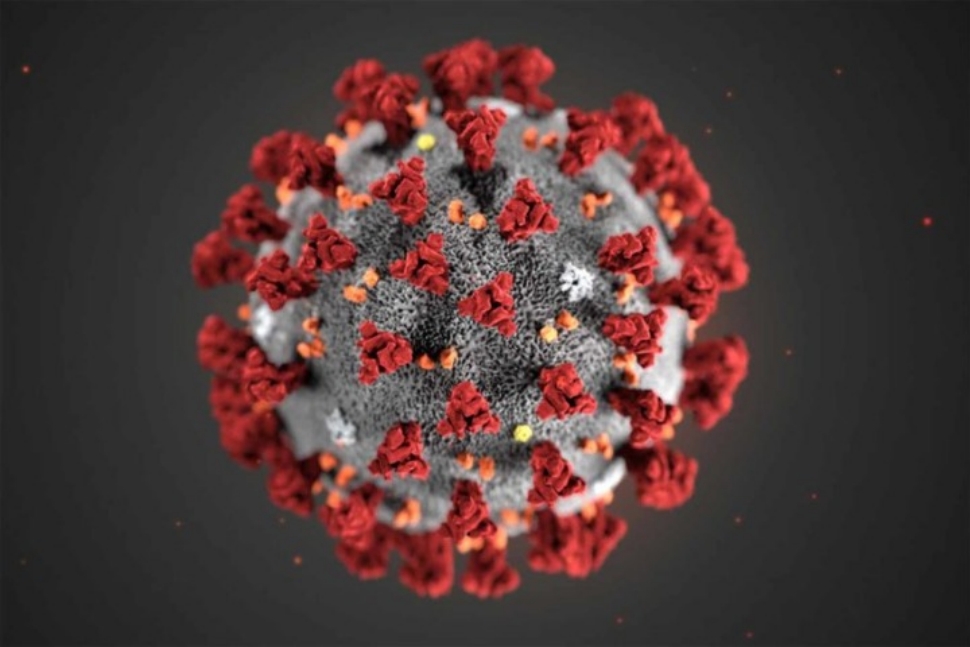
Hong Kong researchers say they develop novel material able to kill COVID-19 virus
2022-01-14
-
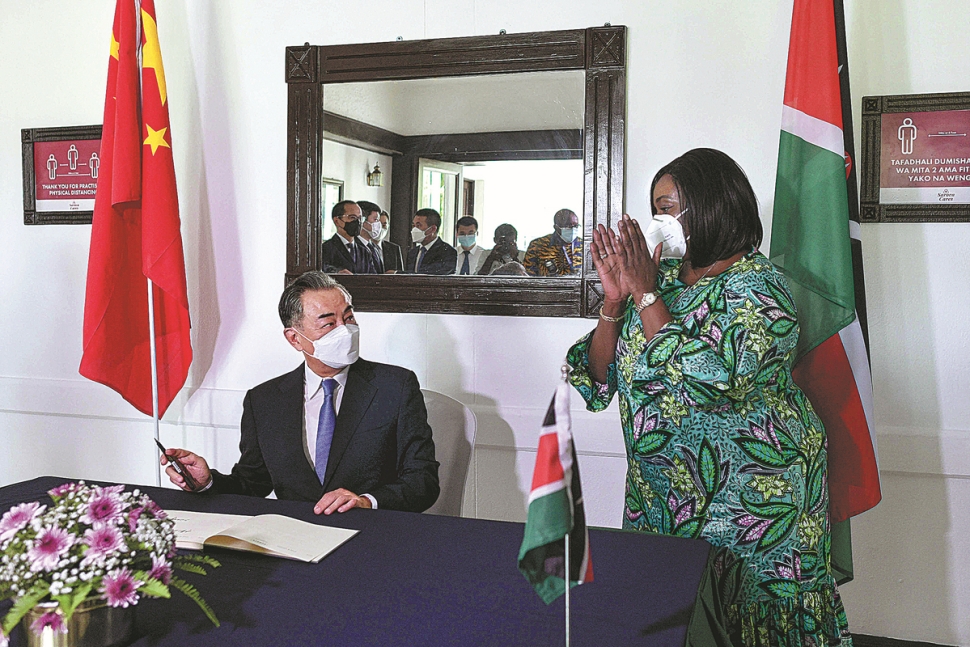
10 million more Chinese doses on way for Kenya
2022-01-14
-
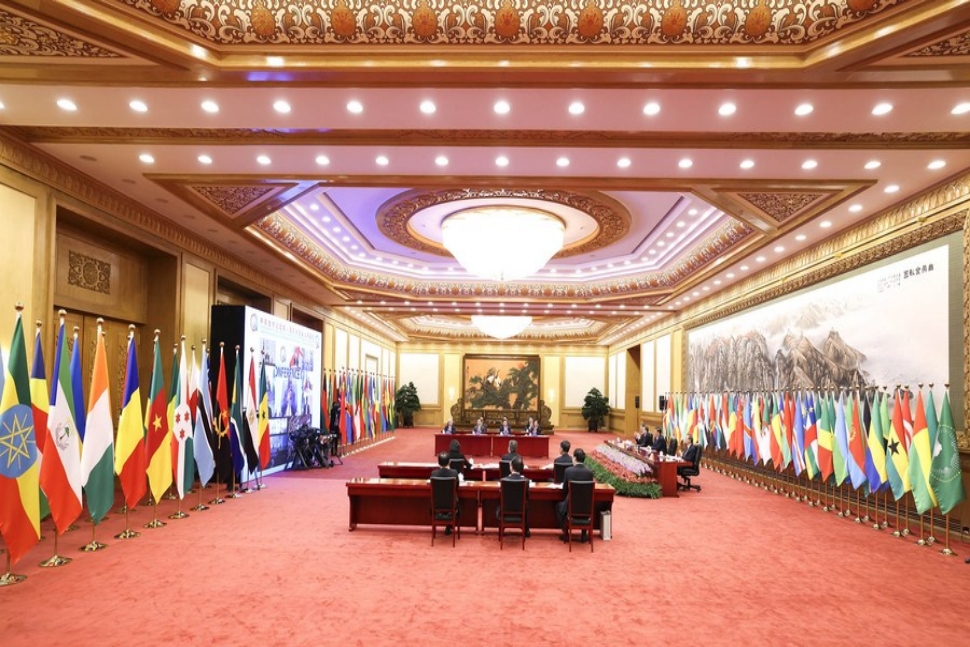
Sino-African ties on track for a brighter future
2022-01-07
-
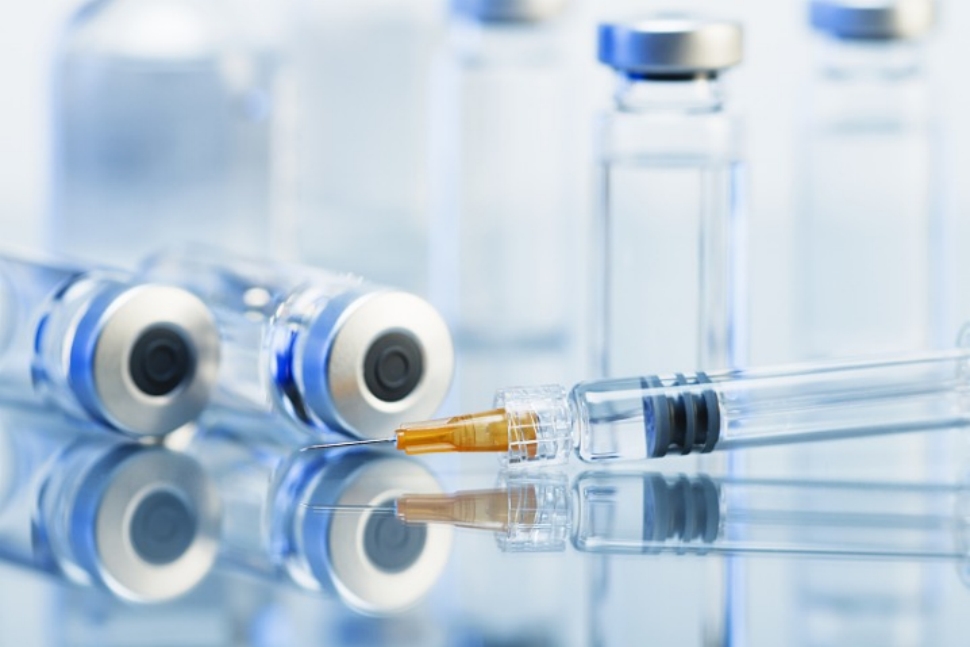
Efforts urged to boost COVID-19 vaccine production capacity in poor countries
2022-01-07
-
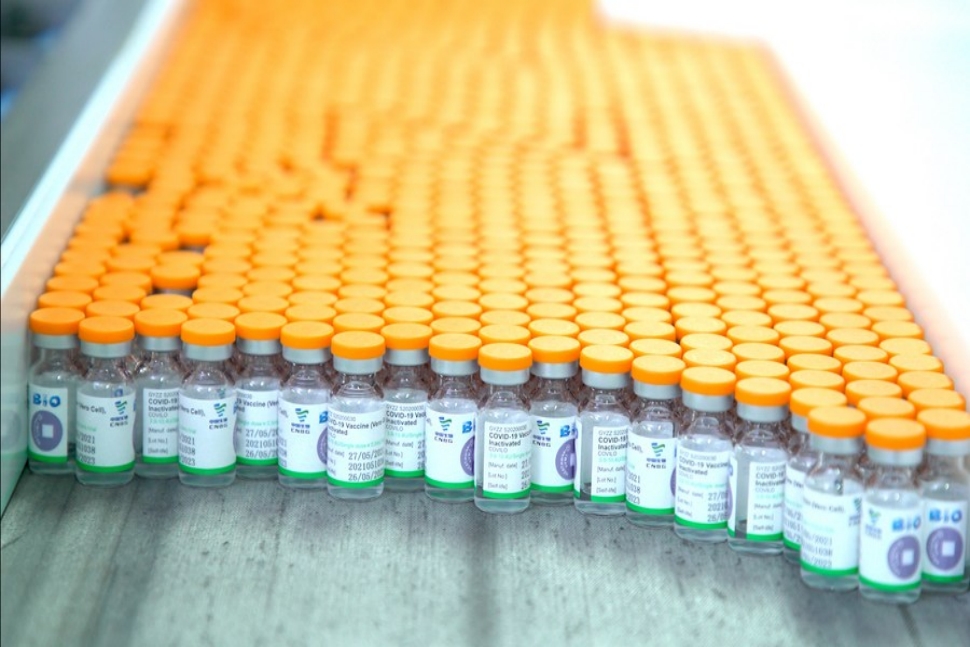
UAE approves Sinopharm's new protein-based COVID-19 vaccine
2022-01-07
Chinese-built lab eases strain in Iraq's virus battle
2020-08-11
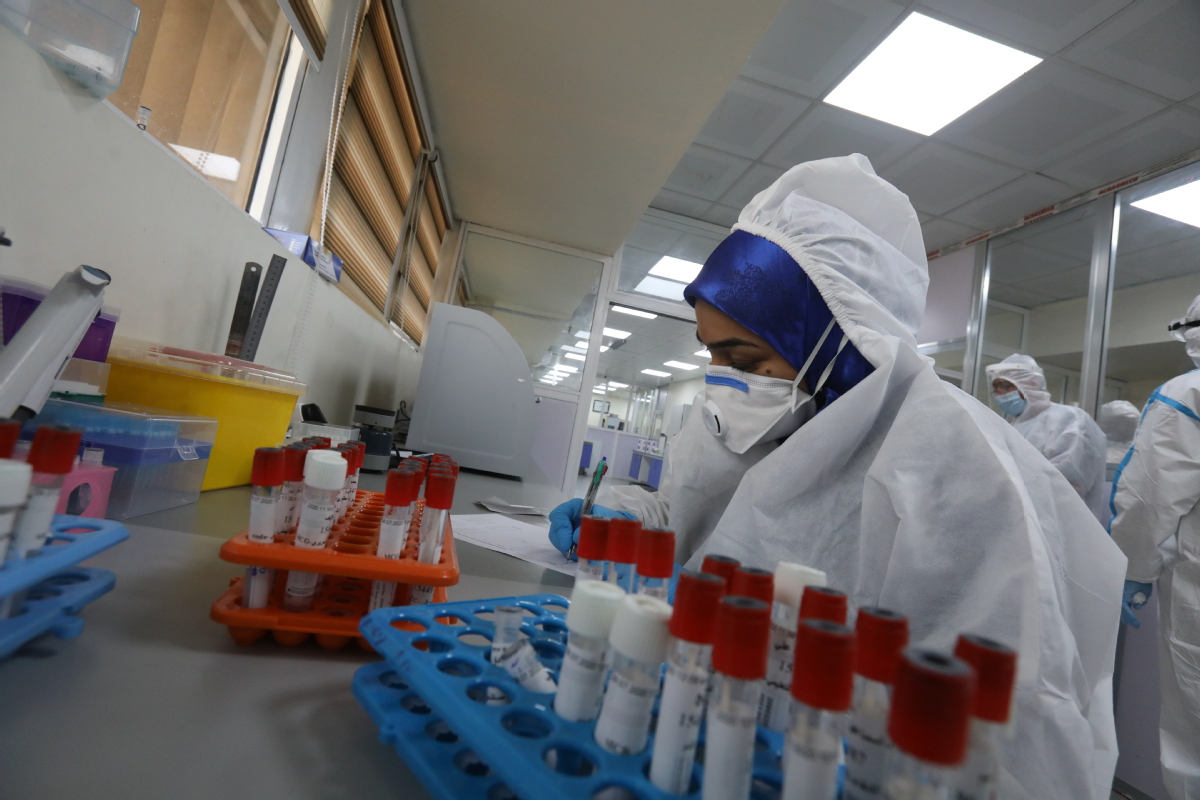
A medical worker performs COVID-19 testing at the Chinese-built laboratory in Baghdad on July 29. XINHUA
BAGHDAD-Iraqi lab staff are busy each day shuffling piles of swab samples that await COVID-19 testing in a Chinese-built facility that has transformed the way they do their vital work.
From boosting testing capacities to setting a high standard of testing protocols, the laboratory has played a critical role in helping the Iraqi Ministry of Health battle the disease since its inauguration in Baghdad's Medical City on March 25, lab director Mohammed Ghanim Mahdi said.
"The lab was equipped and established by a donation from the Chinese government at a critical time," Mahdi said. "When this lab was established, Iraq had only one working lab fighting COVID-19."
Mahdi said the lab has facilitated the Iraqi campaign against the coronavirus, especially in the first few weeks of the outbreak in Iraq.
Before the Chinese-built lab went into operation, the Central Public Health Laboratory in Baghdad was the only place to conduct COVID-19 testing, but it struggled to keep up with the volume of test samples from across the war-torn country.
With the help of advanced Chinese equipment and 50,000 diagnostics kits, the new lab has so far tested some 28,000 samples. About 20 percent of them have come back positive, Mahdi said.
"Two or three weeks after beginning testing in the new lab, the health ministry initiated plans to add labs. Since that time more and more labs have been brought into service," Mahdi said.
However, concerns have been raised that Iraq is emerging as the new epicenter of COVID-19 in the Middle East. The number of infections has risen to 150,115 after 2,726 new cases were reported as of Sunday.
The country reported 82 more deaths, raising the death toll from the virus to 5,392.
The rise in cases has been blamed on the easing of lockdown regulations by authorities and people's noncompliance with prevention measures. That's resulted in the epidemic flaring up in a number of communities.
"We still need to increase testing abilities," Mahdi said. "The testing rate needs to be at least 5 or 10 percent of our 40 million population in order to detect more and more cases."
Technical training
Besides building the lab, a group of Chinese experts brought technical training and testing protocols to the facility.
The Chinese-built lab is setting a good example as Iraq expands its lab network to all provinces, Mahdi said. In the new lab, 82 percent of the samples come back with results in 6 to 10 hours.
"The Chinese experts are very supportive and helpful," Mahdi said. "When they were here, they gave us all the technical training we need. They are also sending me all the documents. This can be a treasure for us."
"They are showing us the way to establish a good lab," Mahdi said, noting that an important feature of the lab is its ability to receive samples around the clock all week. Thirty lab workers are divided into three shifts, enabling the lab to complete 700 to 1,000 tests a day.
Mahdi, who holds a PhD in molecular biology, led lab procedures through the country's darkest moments in the pandemic. He and his team had to contend with shortages of testing kits and all-night shifts while being swamped with samples.
Seven workers at the lab have been infected with COVID-19, Mahdi said, "but fortunately they all returned to work after recovery".
Zina Anwar Mohammed, a medic at the lab, said that she was infected on May 28. Her parents later died from severe symptoms of COVID-19.
"I decided to return to my work three days after my father's death. I want to work diligently and help others, so they will not experience a tragedy like mine," said Mohammed.
Xinhua



 My Member
My Member Message Center
Message Center











